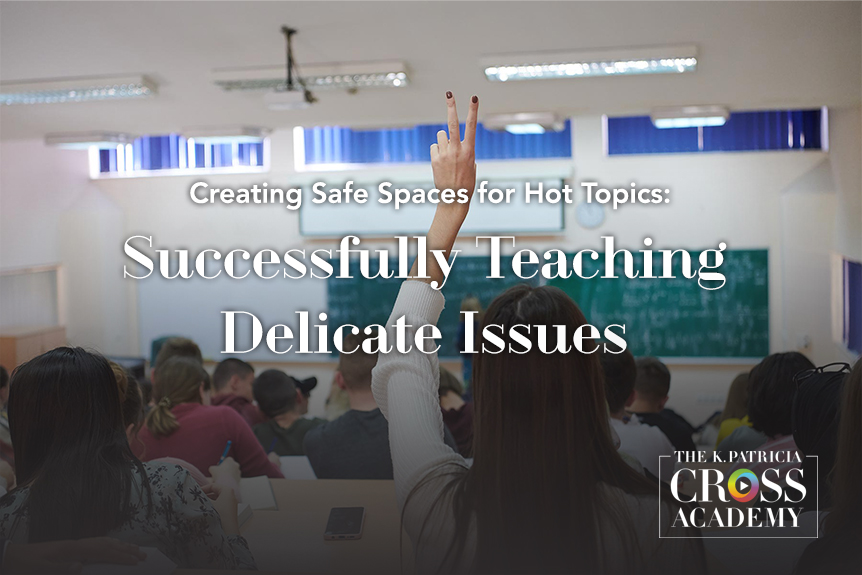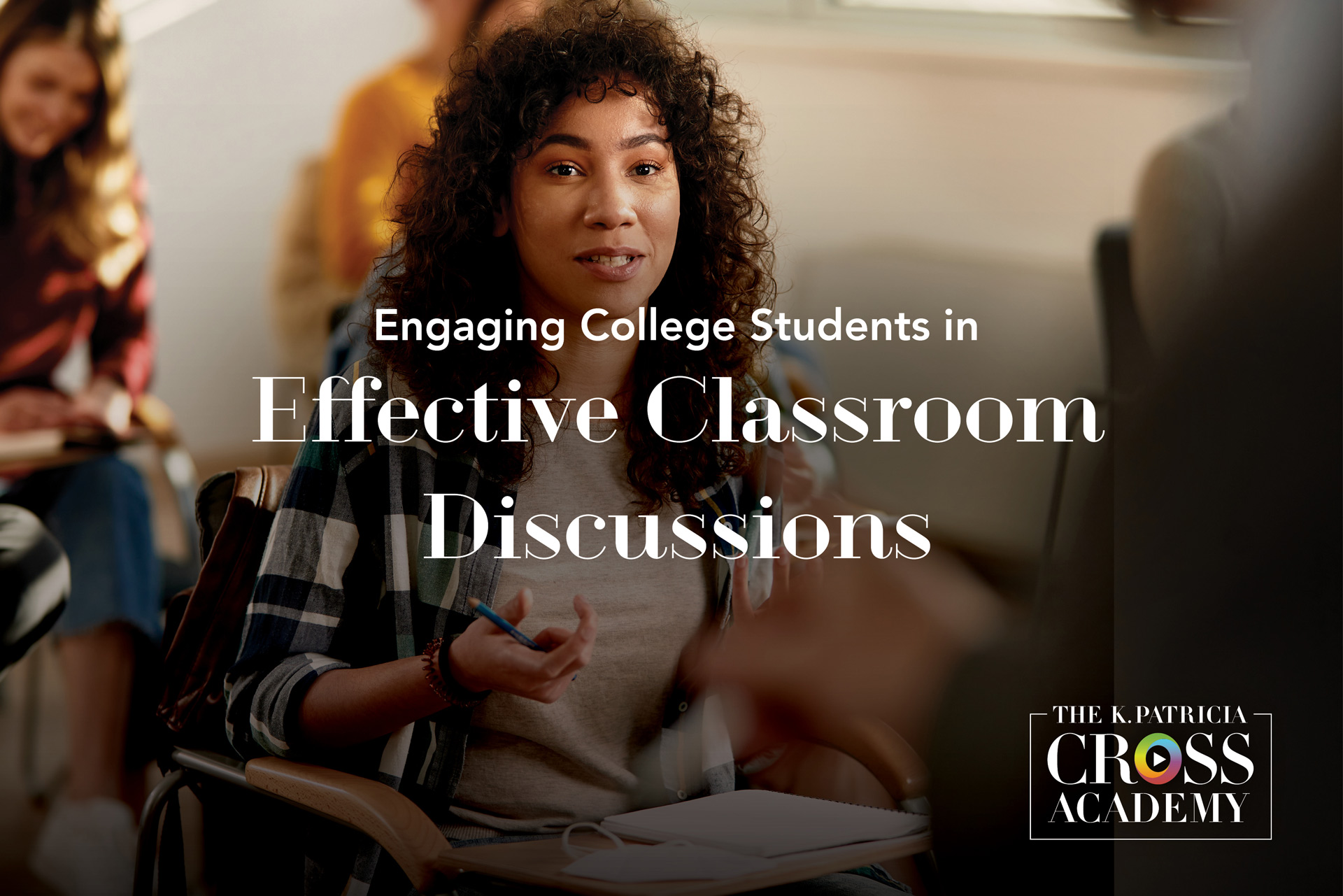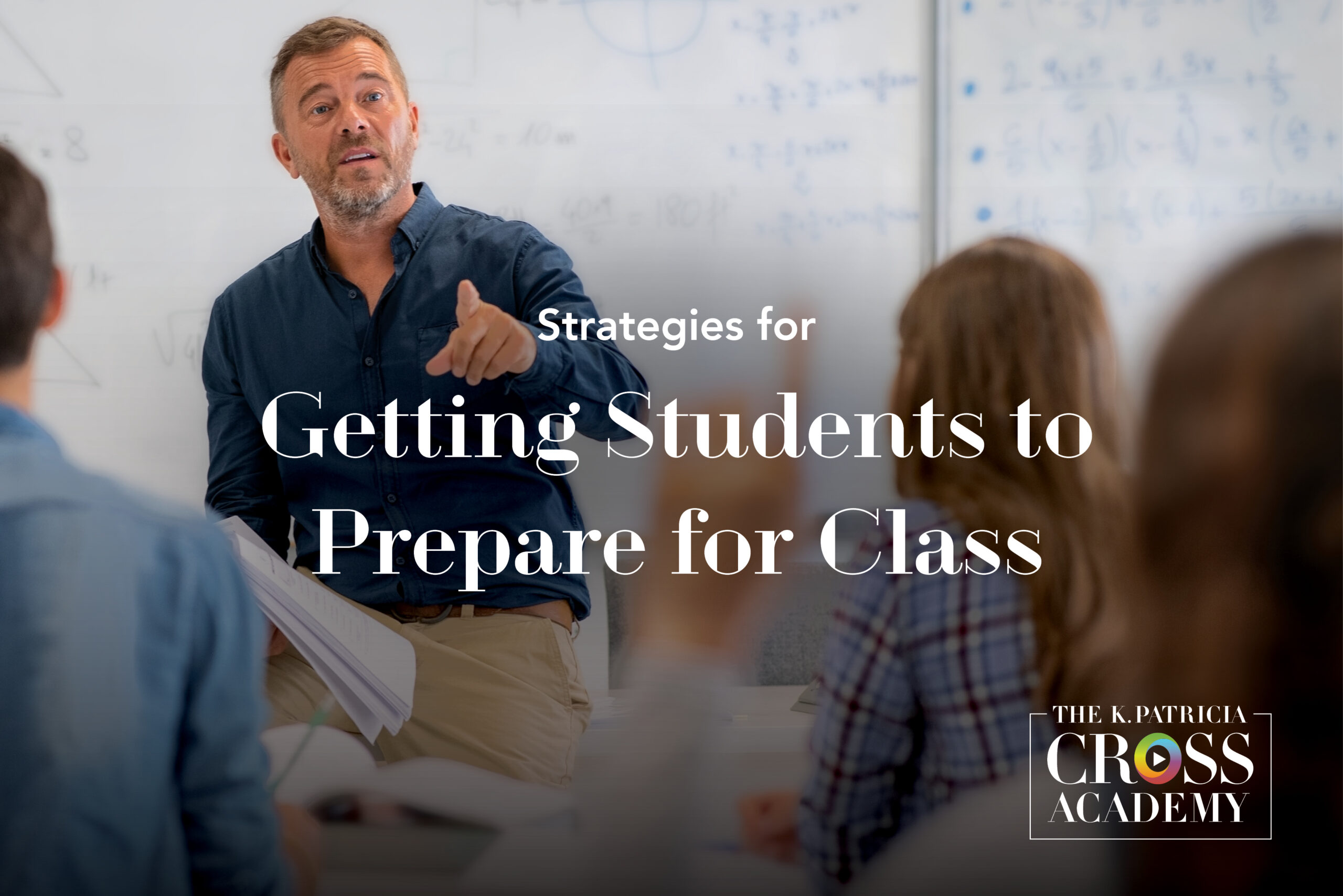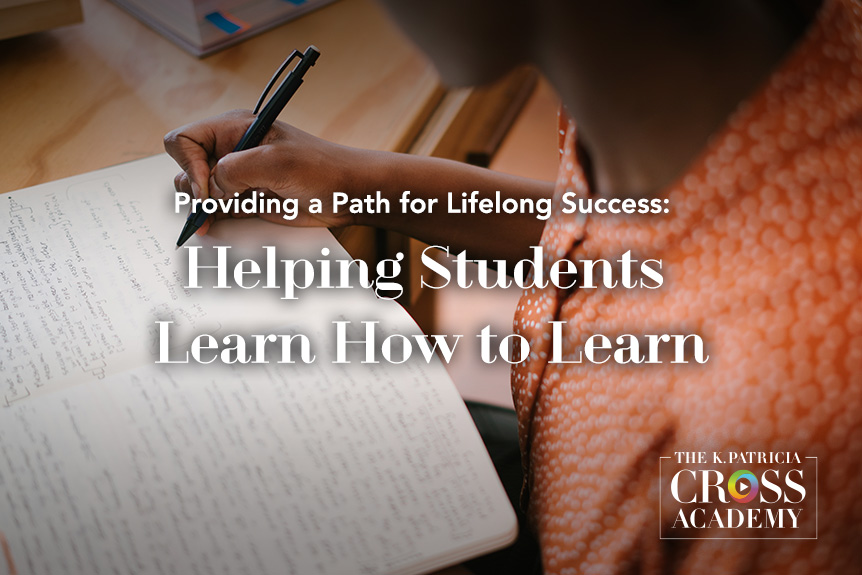CrossCurrents Library
Featured Collections
Topics

The advent of Large Language Models (LLMs), such as ChatGPT, Claude AI, DeepSeek, and Google Gemini, has rapidly transformed higher education. From crafting syllabi to generating lesson plans, many educators are leveraging these Artificial Intelligence (AI) tools to enhance the effectiveness of their teaching practices. Among the most intriguing applications of this emerging technology is its potential use in academic grading, offering opportunities to improve efficiency and transparency.

The landscape of higher education is rapidly evolving, and with it comes the need to adapt our teaching methods to meet diverse student needs. While differentiation is often associated with K-12 education, its principles are equally valuable in college classrooms. This blogpost explores practical ways to create a more effective learning environment through differentiated instruction.

Learning design is the intentional process of planning and implementing educational experiences to create cohesive, engaging learning environments. It is one of the most challenging aspects of being a college instructor because it requires balancing multiple goals: meeting institutional and accreditation standards, aligning with departmental expectations, supporting diverse learning needs, and ensuring that assessments accurately measure student learning.

The integration of Artificial Intelligence (AI) in higher education represents more than technological advancement—it signals a pedagogical and cultural transformation (Ouyang & Jiao, 2021). While universities actively implement AI platforms and train faculty, a critical gap persists: students often lack structured guidance in AI engagement and integration into their learning process.

Addressing sensitive topics in the classroom presents one of the most delicate challenges faced by educators. As societal discussions become increasingly polarized, the task of navigating controversial subjects with students grows ever more complex. This complexity is not merely a matter of content selection; it can significantly affect classroom dynamics, student engagement, critical thinking development, and overall learning outcomes.

Emotional intelligence (EI) is the ability to understand, use, and manage our own emotions in positive ways to relieve stress, communicate effectively, empathize with others, overcome challenges, and defuse conflict. It includes the ability to understand and influence the emotions of others. In higher education, fostering EI is not just beneficial but essential for students’ personal and professional success. However,

Discussion as a teaching method has deep-rooted historical origins dating back to the ancient Greeks, including the legendary philosopher Socrates (469 BC – 399 BC). Socrates is renowned for his teaching methods that prioritized questioning over traditional lectures. He believed in using probing questions to stimulate critical thinking and deeper understanding in his students. Socrates’s discussion-oriented teaching strategy has left

Maintaining student motivation throughout an academic term presents one of the most persistent challenges faced by educators. As the semester unfolds, the initial excitement and enthusiasm that students exhibit at the start can begin to fade. This decline is not simply a matter of reduced energy; it can significantly affect student engagement, persistence, learning outcomes, and overall academic performance and

The importance of student preparation for class cannot be overstated, as it serves as the foundation upon which meaningful learning experiences are built. However, motivating students to prepare can be a substantial challenge, particularly in a world filled with digital distractions and competing priorities. As educators, our task is not only to emphasize the significance of preparation but also to

Making online courses enjoyable can have great benefits. A fun learning experience not only enhances student engagement but also fosters a genuine passion for seeking and gaining knowledge. By infusing fun into online courses, instructors can inspire a more joyful and interactive approach to learning. The Fundamentals of Making Online Courses Fun Several educational concepts can be applied to make

As college faculty, we have become quite adept at learning. Most students, however, are still acquiring those skills. They struggle with how to learn efficiently and effectively, often lacking even awareness that strategies exist that might assist them. We can help students become better able to direct and manage their learning by showing them how to use “learning strategies.”
